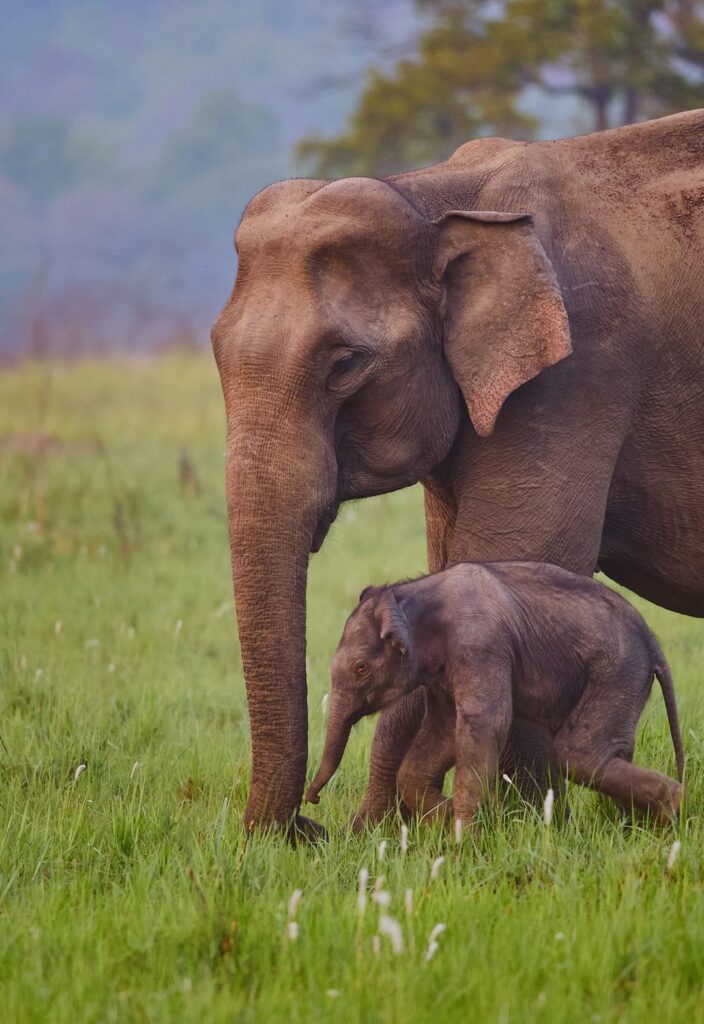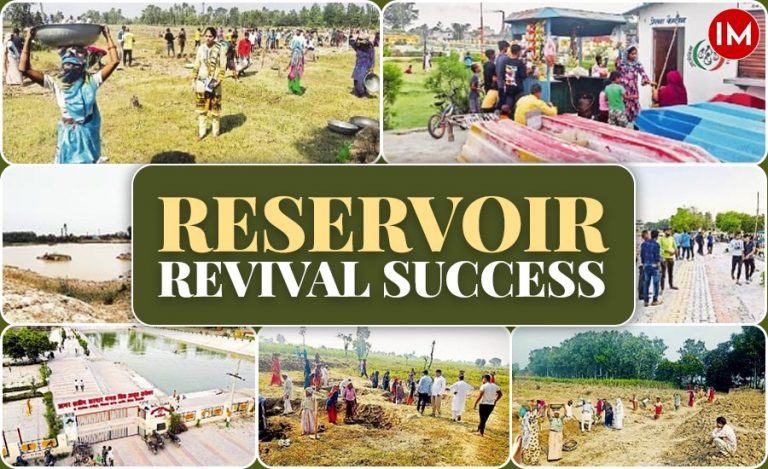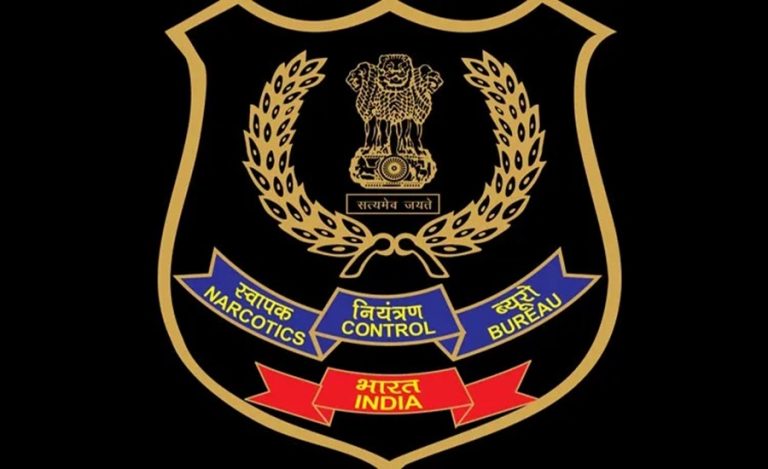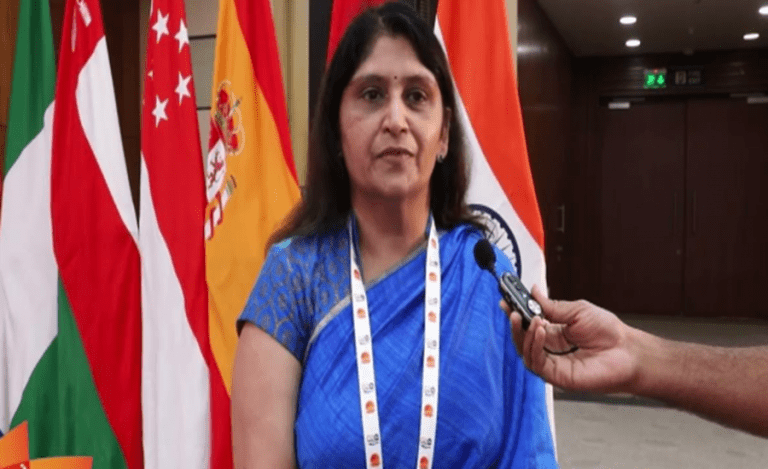In the picturesque Blue Mountains range of Nilgiris in South India, IAS officer J Innocent Divya is making extra-efforts to sustain the fragile eco-system of the area. After all, a very important part of this belt, situated at the tri-junction of Tamil Nadu, Kerala and Karnataka, consists of Nilgiri Bio Reserve- a UNESCO World Heritage Site.
In 2017, when Ms Divya got her posting in the Nilgiris, one of the first steps she took was to rope in the Geological Survey of India (GSI). This she did to identify the “pressure points’’ which would be susceptible to landslides, environment damage or damage caused by excessive tourism. She found that 83 locations in the region were prone to landslides, and to control the situation she launched a programme `Unnadh’(sublime).
Ending the `Plastic Raj’
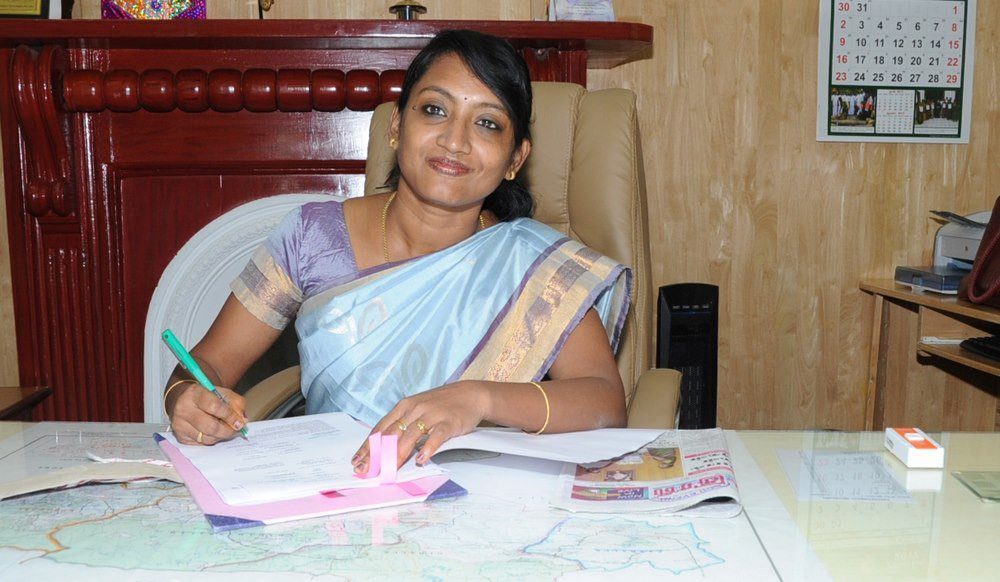
Banning the usage of 19 different types of plastics was another step she took in the Nilgiris. As she told Indian Masterminds, “ we had to enforce the laws and rules for limiting the usage of plastic.In 2001, the then collector of district Ms Supriya Sahu also imposed the plastic ban on the district. So, when we stopped the usage of 19 types of single use plastic, people were already aware of what it means. In the beginning, there was little difficulty from their side to give up plastic completely. But, when they understood its ill-effect and how it was disturbing the eco-system, they themselves embraced the ban. Many `panchayats’ also passed resolutions to ban the usage of plastic and also ensured their implementation. People are now co-operating with us.’’

Ms Divya also created a `Building Planning Committee’ to regulate the construction and conversion of tea-gardens or agricultural land into residential areas. Along with this, all construction wok were stopped in red zone area held vulnerable by the GSI. A green brigade was also formed for the segregation of solid and waste, with the enthusiastic participation of the community. The waste segregation was looked after by the green brigade and then the local vendors would collect it for recycling or compost making.
It goes to Ms Divya’s credit that this model for waste management has been appreciated by the NITI Aayog, which has advised other states have to follow it!
Strengthening the Soil
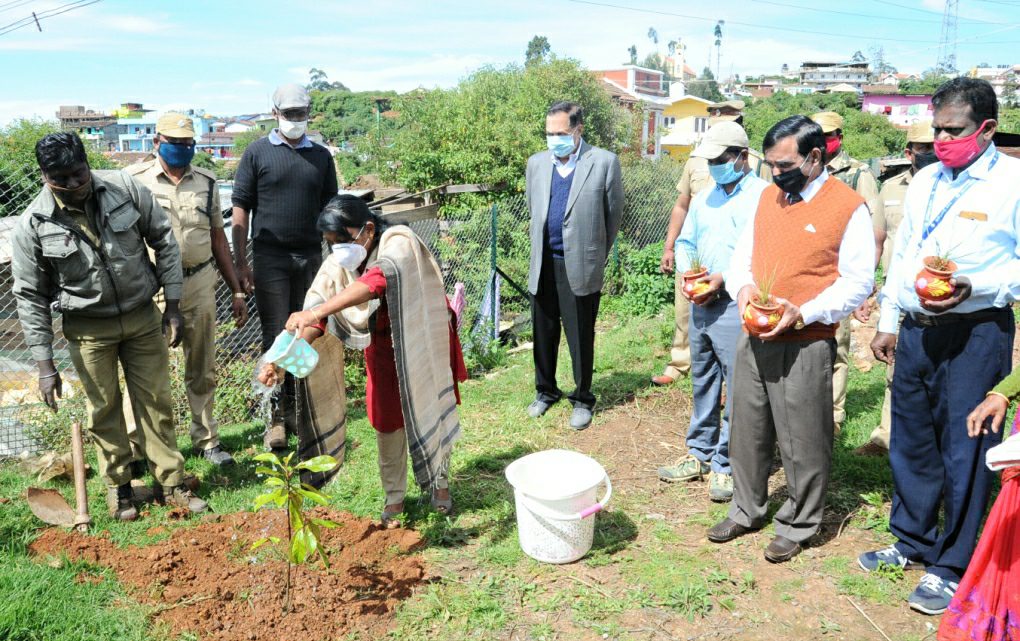
Along with all this, Ms Divya is also encouraging the plantation of native species like shola trees and grasses in place of invasive plants like eucalyptus. The plantation is done in pockets so that it doesn’t create another problems like soil-erosions. Ms. Divya believes that these native plants are identity of the Nilgiris and when they grow, they will reduce incidents of land- slides. “We are first replacing the invasive species with grass, so that it is able to hold the soil. After that the sholas and other trees are being planted. It’s a slow process, but we hope the splendour of Nilgiris will be recaptured once again.’’
Nilgiris’ Vanishing Wildlife
Nilgiris hold a very special place in the hearts of nature and wildlife loves. For the uninitiated, it was in this region that Kenneth Anderson, often referred to as the Jim Corbett of South India, operated. Through his various books which still enthrall millions of readers all over the world, he has captured the stunning beauty and cultural diversity of the Nilgiris.
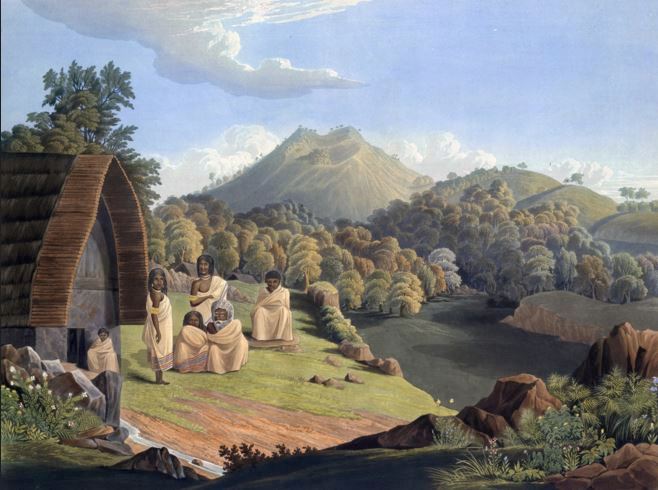
And why is Anderson compared with Corbett? Because it was here, in the verdant grasslands and valleys of Nilgiris, that he rid the people of many man-eating tigers, leopards and rampaging elephants!
Kenneth Anderson has gone, he died about half a century ago, and so has the large part of wildlife and natural treasures of Nilgiris. One now hopes that officers like J Innocent Divya, with her dedication and determination, will recpture some of the lost glory of this magnificent paradise on Earth.



